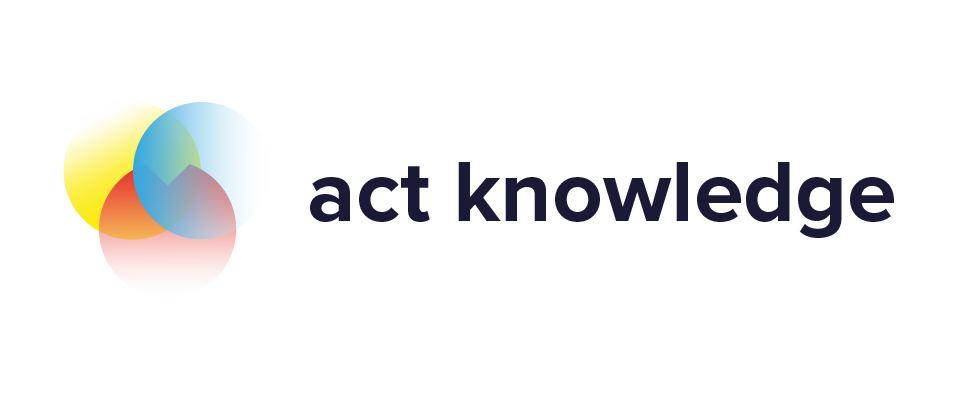11 Mar Waterloo – leadership that changed the world
Waterloo – much more than an ABBA hit song or a stop on the London Underground. Today the phrase, “to meet your Waterloo” is woven into the very fabric of the English language, to signify an insurmountable problem, a decisive setback, the undoing of a seemingly invincible force.
It is a reference to the Battle of Waterloo, an epic confrontation which finally destroyed Napoleon Bonaparte’s grandiose attempts to conquer Europe. His comprehensive defeat on 18 June 1815 fundamentally altered the course of European and world history, bringing to a close the bloody revolutions and global wars of the 18th century, and heralding a century of relative peace, discovery, scientific advancement – and the rise of British imperialism.
Although decisive, the outcome of the battle hung in the balance to the last. In the words of the victorious Duke of Wellington, it was “…a damned nice thing – the nearest run thing you ever saw in your life”.
So what tipped the scales of success and defeat on that day, 200 years ago?
And what lessons can today’s project, program and organisational leaders take from the events of the day to avoid their own Waterloo and successfully implement their strategies?
Waterloo is a study of leadership styles, loyalty and courage, of strategy and execution, of trust and empowerment. Nowhere is the concept of agile leadership better exemplified than in the chaos of battle, with lives at stake.
Amongst other things you will discover:
- How a quick decision, made in a few minutes by candlelight in the chaotic midst of a disintegrating army and driving rain, proved to be – in the words of Wellington – “the decisive moment of the century”
- How strategy, planning and chance combined to create the conditions for success for those who were able to adapt their plans quicker to seize opportunities
- The need to remain focused on objectives in the face of distractions and setbacks
- The danger of allowing past successes to cloud our judgment, attitudes and willingness to listen to experts
- The need to unite the leadership hierarchy, enable initiative, and deploy disparate, inexperienced resources in an integrated manner, even in the face of death
Waterloo was a battle of muskets, swords and regiments of 190 000 bright uniforms, in an era when the flow of communication was governed by the speed of men on horseback, and generals could see no further than telescopes and topography allowed. It lasted only one day and resulted in 71 000 casualties.
But the lessons from that day transcend time and are applicable to any leader having to manage large numbers of people and logistics in complex situations under extreme pressure.
In this gripping and intensively researched presentation, project leadership educator and part time historian Jürgen Oschadleus MA (History) MAIPM ILPF PMP takes you on a fascinating journey to a pivotal point in world history. He intertwines eye-witness testimonies, the reflections of key stakeholders, artist impressions and the analytical expertise of military historians to weave a compelling story of the time, the men and their decisions in one of history’s bloodiest projects.



Sorry, the comment form is closed at this time.